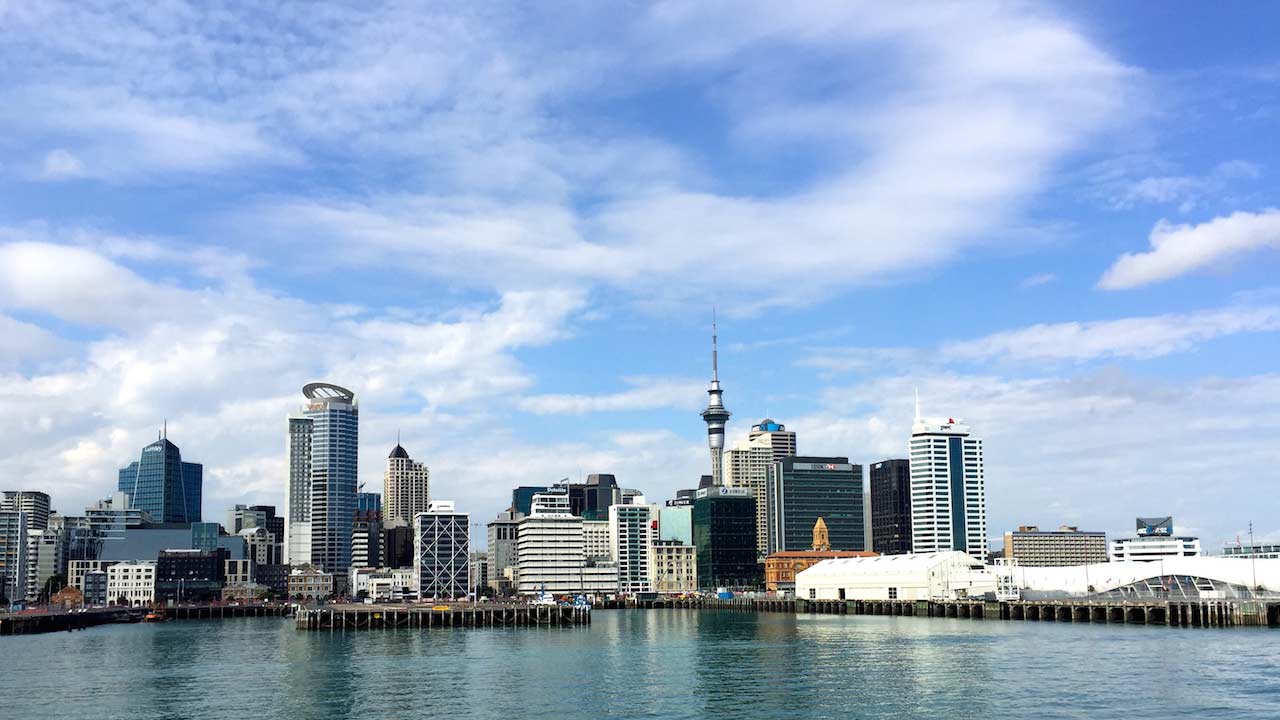
New Zealand is an island country, located in the Pacific Ocean and to the south east of Australia. The Pacific island nations of Fiji, New Caledonia and Tonga are the closest countries. It is divided into North Island and South Island. New Zealand’s natural beauty is evident in the Lord of the Rings film trilogy, filmed there. It is known for its geographic diversity of mountains, coasts, lakes and unique flora and fauna. Apart from the awesome natural beauty and Maori culture, it is also known for its top notch academics. Check out here, as to why you can choose New Zealand as a study abroad destination.
There are laws prohibiting discrimination based on gender, race or disability. If anybody’s behaviour makes you feel uncomfortable, talk immediately to the staff at your institution. They are committed to providing a safe environment for you and are trained to deal with any difficulties. Sexual harassment and gender discrimination are unlawful and unacceptable in New Zealand. Workplaces and education institutions have clear guidelines to prevent and deal with sexual harassment.
New Zealand is a country in the southwestern Pacific Ocean consisting of 2 main islands, both marked by volcanoes and glaciation. Capital Wellington, on the North Island, is home to Te Papa Tongarewa, the expansive national museum. Wellington’s dramatic Mt. Victoria, along with the South Island’s Fiordland and Southern Lakes, stood in for mythical Middle Earth in Peter Jackson’s “Lord of the Rings” films. Queenstown, New Zealand, sits on the shores of the South Island’s Lake Wakatipu, set against the dramatic Southern Alps. Renowned for adventure sports, it’s also a base for exploring the region’s vineyards and historic mining towns. There’s bungee jumping off Kawarau Gorge Suspension Bridge and jet-boating on the Shotover and Dart rivers.
The Council for International Development (CID) is the national umbrella agency of international development organisations based in Aotearoa New Zealand. CID exists to support effective high quality aid and development programmes, with the vision of achieving a sustainable world free from poverty and injustice.
Various research and innovation initiatives have evolved in New Zealand. A few of them are: splitting the atom, jet boat, stamp vending machine, bungee jumping, tranquilizer gun, electric fences, electric gas pump, disposable syringe, plastic surgery and frozen meat. No wonder that educational programs or studying abroad in New Zealand are highly ranked at the international level. Seven NZ Universities have featured in QS World University Rankings: University of Auckland (83), University of Otago (133), University of Canterbury (221), Victoria University of Wellington (237), Massey University (308) and the University of Waikato (374). Did you know that the University of Auckland, from NZ, is a member of Universitas 21, an international renowned consortium which is focused on fostering academic exchange and quality benchmarking among its member universities? All educational institutions need to ensure that their programs are approved by NZQA, a quality assurance body.
NZ Universities, eight in number offer high-quality tertiary education with research driven programs. You can opt for bachelor, master or doctoral level program as per your requirement from a variety of programs. The programs range from engineering and technology, IT, business studies, management, hospitality, tourism, finance, English, aviation, agriculture, health sciences, social work, sports, education, arts, Maori arts, law etc. Students are required to think out of the box, come out with innovative ideas and find their own solutions. This thought process brings out their unique strengths and ideas along with personal growth, building self-confidence, independence and the ability to carry out cross-cultural work. The programs are taught in English.
Studying and living in NZ is not very cheap but you can apply for a scholarship to the government, university, private funding bodies. You can financially support yourself by taking up part-time job up to 20 hours per week and full-time during holidays. You need to check the conditions mentioned on the visa before taking up a job.
New Zealand was less affected by the global financial crisis than many other countries and employment has been gathering steam, particularly in the last three years. However, while employment conditions are expected to remain strong, the Government forecasts the growth rate will decline for the next three years to 2018. There are many job openings for specialists in industries such as medicine, engineering and IT.
New Zealand has a high-income advanced economy with a nominal gross domestic product (GDP) per capita of US$36,254. The currency is the New Zealand dollar, informally known as the “Kiwi dollar”; it also circulates in the Cook Islands, Niue, Tokelau, and the Pitcairn Islands. New Zealand was ranked sixth in the 2013 Human Development Index, fourth in The Heritage Foundation’s 2012 Index of Economic Freedom, and 13th in INSEAD’s 2012 Global Innovation Index.
The economy of New Zealand is the 53rd-largest national economy in the world measured by nominal gross domestic product (GDP) and 69th-largest in the world measured by purchasing power parity (PPP). It is one of the most globalised economies and depends greatly on international trade, mainly with Australia, the European Union, the United States, China, South Korea and Japan. The Closer Economic Relations agreement with Australia means that New Zealand’s economy is closely aligned with the Australian economy.
Having a relatively kind climate is a big reason outdoor activities figure so highly here – you get plenty of opportunities to get out and enjoy them, year round. New Zealand’s climate is predominantly temperate maritime with mean annual temperatures ranging from 10 °C (50 °F) in the south to 16 °C (61 °F) in the north.
©copyright 2024 abc study links. Designed By UFS Technologies